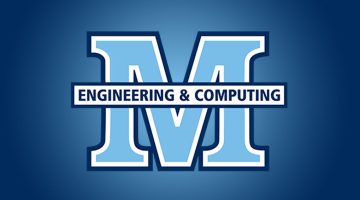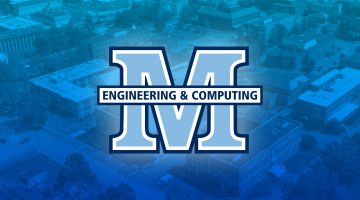Guidoboni appointed Interim Vice President For Research, will continue as MCEC Dean
The University of Maine has appointed Giovanna Guidoboni as interim vice president for research while she continues to serve as the inaugural dean of the Maine College of Engineering and Computing (MCEC). In this dual leadership role, Guidoboni will help foster education, research, and innovation at the University of Maine while strengthening collaboration across the University of Maine System and state.
Read more








